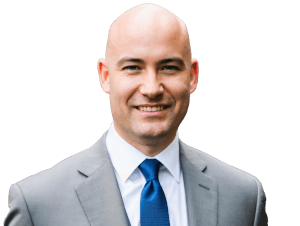Transcript:
According to Federal and Georgia regulations, a resident who enters a nursing home without a bedsore should not develop a bedsore unless that resident’s specific condition demonstrates that the injury is unavoidable.
Unavoidable means that a bedsore developed despite the nursing home’s proper assessment and execution of proper preventative measures, including revising the care plan where appropriate. In other words, where the nursing home has crossed all the ‘t’s and dotted all the ‘i’s when it comes to assessing, monitoring, and treating the resident’s skin condition.
Does this mean that all bedsores are unavoidable? No. Does it mean that bedsores are expected to occur? Absolutely not. A bedsore should almost never occur when the nursing home is following the appropriate standard of care. In fact, many medical scholars and providers call bedsores ‘never events,’ meaning that they are not something that should occur, and when they do, it is an indicator of neglect.
The assessment acts as a guide for the nursing home’s preventative measures. Risk factors that the nursing home should take into account include impaired mobility, co-morbid conditions like renal disease or thyroid disease, mental impairment, undernutrition, and history of bedsores. Factors such as these should be a red flag to the nursing home.
Preventative measures include repositioning, pressure redistribution through special mattresses or devices like heel raisers. The higher the risk, the more preventative measures that should be taken.

If your loved developed bed sores at a nursing home or assisted living facility, and you are wondering if you have a claim, then please, feel free to call and speak to one of our experienced Georgia nursing home neglect lawyers today. Our consultations are always free. If you would like to learn more about this topic or watch additional videos please subscribe to our YouTube channel.




